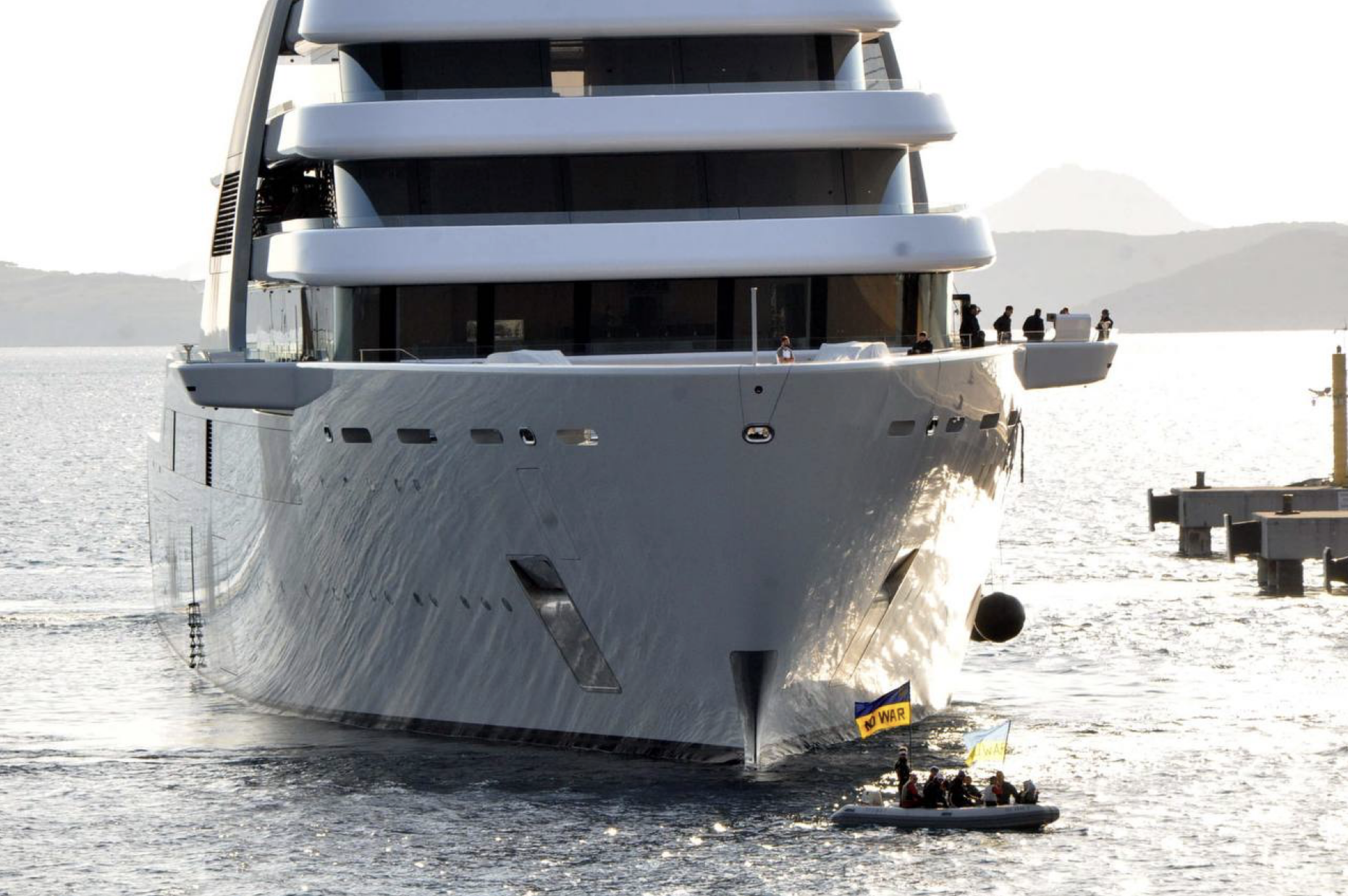Bloomberg: EU, European Central Bank argue over plan to tax sanctioned Russian assets

The European Union and the European Central Bank (ECB) are in dispute over plans to use profits from frozen Russian assets to aid Ukraine's reconstruction, Bloomberg reported on July 14.
Officials from the EU's executive branch have opposed ECB President Christine Lagarde's warnings that measures against sanctioned holdings could endanger the eurozone's financial stability and the liquidity of the common currency, people familiar with the matter told Bloomberg.
The European Commission reportedly rejected the ECB's arguments, saying that any risk appeared — and was assessed — when the assets were initially frozen in February 2022 following Russia's full-scale invasion of Ukraine and that so far, none of those fears have materialized.
According to one of the Bloomberg sources, the windfall option does not affect the assets themselves or any requirements from the Russian Central Bank, nor does it influence the EU's role in holding securities.
The EU has been exploring options for using over $200 billion of frozen Russian Central Bank assets to aid Ukraine. Although Brussels assessed that it could not legally confiscate the funds, the EU officials have been discussing how to at least use the profits generated from these assets and send them to Ukraine.
The European Commission initially said it would come up with a proposal this summer, but the purported dispute has pushed the timeline until the commission's summer break ends, Bloomberg wrote.
According to the media outlet, windfall profits from frozen Russian assets could generate up to 3 billion euros ($3.3 billion) in cash and securities.













